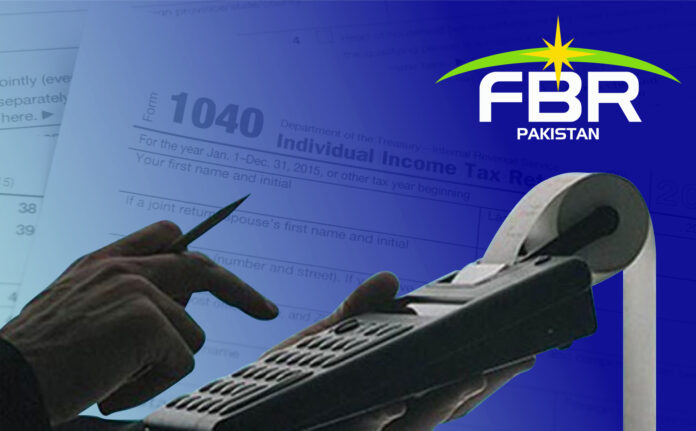Federal Board of Revenue (FBR) Chairman Rashid Mahmood Langrial emphasised efforts to crack down on non-compliant sectors, expand digital monitoring, and close longstanding loopholes in the tobacco, retail, and passive income tax regimes.
He highlighted the success of the government’s recent enforcement drive in the sugar sector, which resulted in a 39% increase in tax collection without any changes in tax rates. Langrial stated that similar measures would be rolled out across other key industries, including tobacco.
He noted that the tobacco sector, which has been a major source of non-compliance, will undergo significant changes, similar to the improvements seen in the sugar industry. “The story of non-compliance in the tobacco sector will fundamentally change, just as it did in sugar,” Langrial said while speaking to Geo News.
While acknowledging that raising tax rates on the formal sector can lead to market erosion by the informal sector, Langrial stressed that the government’s solution is to directly target non-compliant businesses. He cited the example of sugar mills, where non-compliant businesses were forced out of the market due to effective monitoring, and stated that the FBR is now achieving nearly 100% compliance in most regions.
Langrial also revealed that the Intelligence Bureau (IB) has been tasked with monitoring FBR teams to prevent corruption and collusion. He credited the IB with helping the FBR take action against corrupt members within its own ranks.
Monitoring efforts have also expanded to the poultry sector, where initial checks uncovered significant under-reporting of production and tax evasion. “One month of monitoring revealed millions of rupees in income tax evasion,” Langrial said.
Regarding passive income, Langrial announced the introduction of a 15% tax rate on passive income, compared to 29% on active income. This move is part of an effort to address the bias against business investment and encourage growth in the economy.
Langrial addressed comparisons between the salaried and construction sectors, clarifying that these comparisons are misleading. “There exists a salaried sector inside construction, and sectors can’t be compared with types of income,” he explained, highlighting the complexities of tax policy across different industries.
He also mentioned that individuals with Rs50 million in the bank will be taxed at 15%, aiming to reduce discrimination between active and passive income sources.




